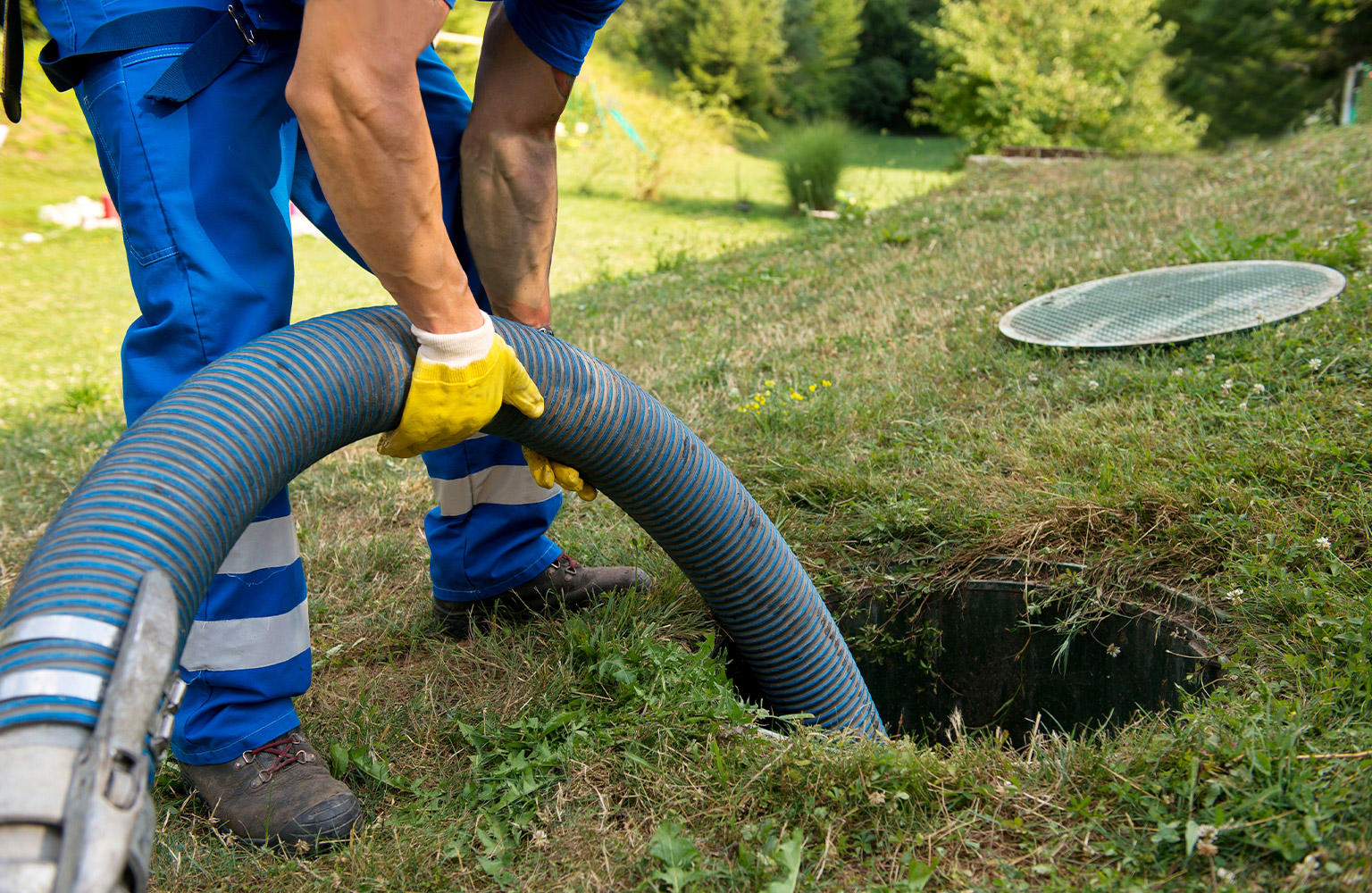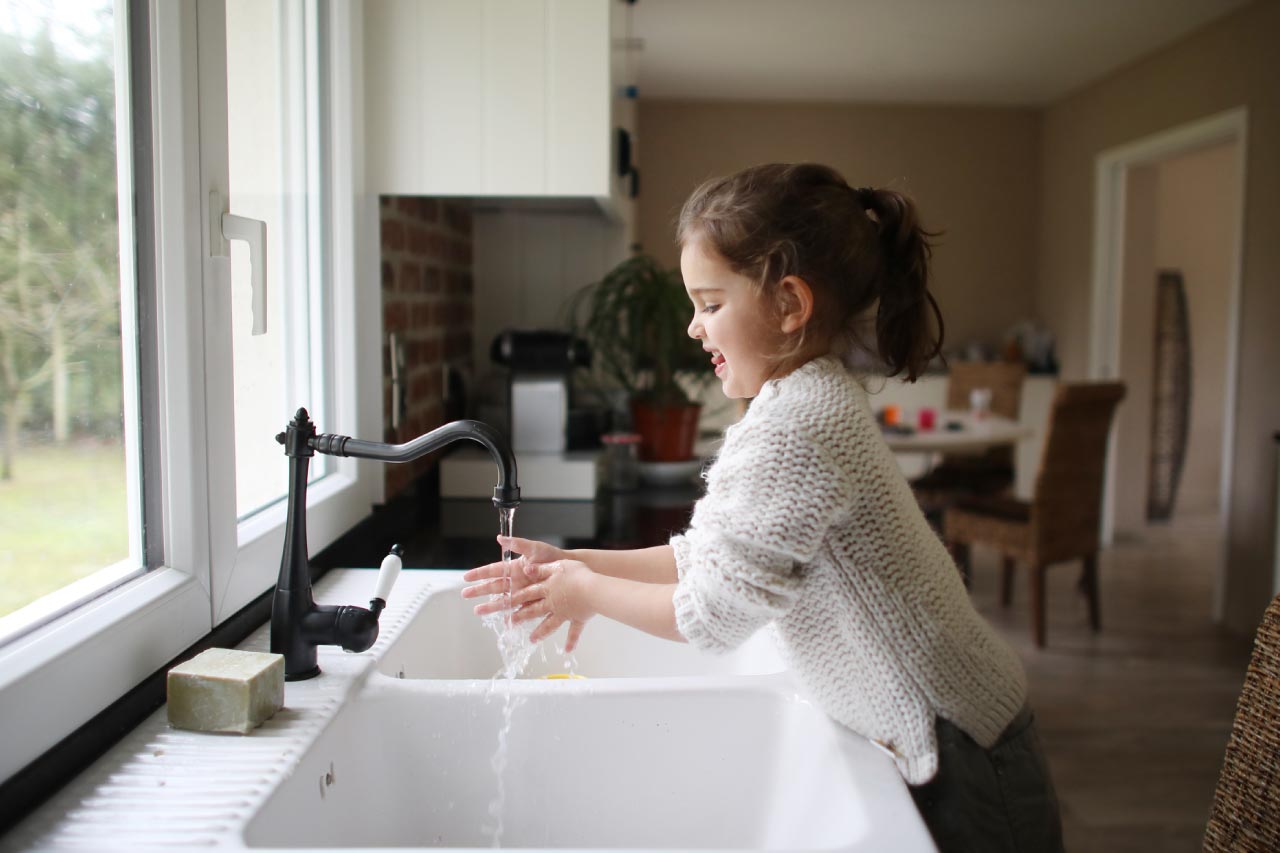
Wondering who to call for septic problems? Learn when to hire plumbers vs septic pros, warning signs, and average repair and pumping costs
The average cost of a well inspection is $450


Most well inspection costs range from $300 to $600, with an average of $450.
The total price depends on the service requirements, add-ons, and local labor rates.
Regular inspections prevent expensive repairs and ensure water quality.
Hiring a well inspection professional ensures accurate testing and provides tailored solutions to keep your water safe.
This article was updated using automation technology and thoroughly reviewed for accuracy by HomeAdvisor Editor Ryan Noonan.
Most well inspections run from $300 to $600, with the average homeowners paying $450. Depending on your well’s type, depth, and any add‑on tests or travel fees, you could pay as little as $150 or as much as $900. Regular checks help keep your water safe and prevent costly repairs down the road. Hiring a professional well inspector ensures a thorough assessment of your system to catch minor issues before they turn into major, and potentially harmful problems.
Several key factors should be considered when determining the cost of a well inspection, including the service level, add-ons, and your specific location.
During well inspections, your pro will take a sample of your water and send it to a state-certified lab for testing. Water testing can range from $100 to $350, depending on the number and type of tests performed. Common items they’ll test for include:
Total Coliform
Fecal Coliform
Exceeding low or high pH levels
Nitrate
Volatile Organic Compounds (VOCs)
Lead
Arsenic
Mercury
Radium
Atrazine
Pesticides
Most homeowners who have a well also have a septic system, and the cost to inspect your septic tank is $150 to $400. You can save money on your well inspection by combining it with your septic inspection, which costs an average of $400 to $650 for both.
Ask your home inspector whether they can include a well review and basic water testing during the same visit; bundling these services often reduces the overall bill.
Where you live also affects the final price of a well inspection. Your pro might charge you $1 to $2 per mile for travel fees if you live in a rural or hard-to-access area.
If you’re buying or selling a home, hire a licensed, insured inspector to handle the well check. They know how wells operate, how parts are supposed to look, and if they notice something that might pose a problem in the future.
Although a professional delivers the most accurate results, at-home water-testing kits cost between $10 and $400. However, it’s always advisable to follow up on DIY water testing kits with professional testing and observation.
Schedule your professional well inspection with a local well pro today.
No place is more important than your home, which is why HomeAdvisor connects homeowners with local pros to transform their houses into homes they love. To help homeowners prepare for their next project, HomeAdvisor provides readers with accurate cost data and follows strict editorial guidelines. After a project is complete, we survey real customers about the costs to develop the pricing data you see, so you can make the best decisions for you and your home. We pair this data with research from reputable sources, including the U.S. Bureau of Labor Statistics, academic journals, market studies, and interviews with industry experts—all to ensure our prices reflect real-world projects.
From average costs to expert advice, get all the answers you need to get your job done.

Wondering who to call for septic problems? Learn when to hire plumbers vs septic pros, warning signs, and average repair and pumping costs

Budget for well pump repair costs based on factors such as parts and components, location, pump type, labor, inspections, and more.

Budget for septic tank repair costs based on factors including parts, materials, labor, ongoing maintenance costs, and more.

When calculating the cost to pump a septic tank, you need to consider the size of the tank, how often it needs to be pumped, and the maintenance of the tank.

Use this guide to budget for a septic system inspection based on cost factors such as inspection type, accessibility, and additional septic services.

If you need to replace your well pump, you should budget based on the well pump type, size, and labor rates in your area.